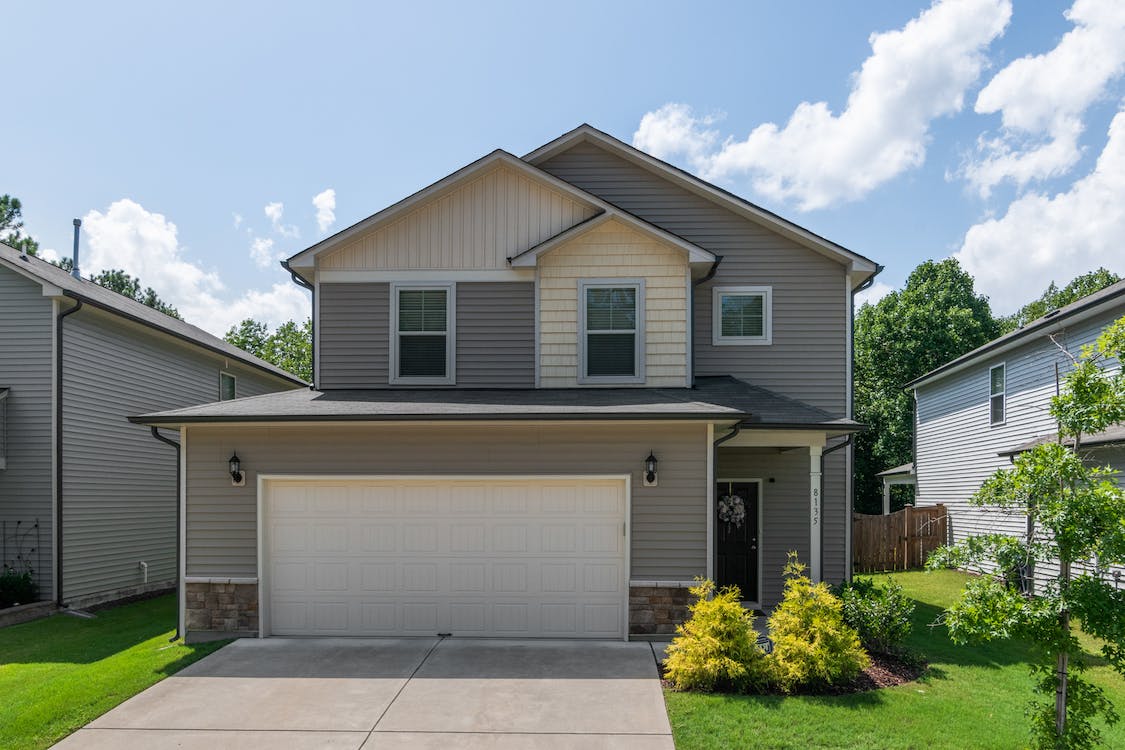Jupiter, Florida, known for its beautiful beaches and vibrant lifestyle, offers residents a range of housing options, including condos and single-family homes. However, when it comes to insurance needs, there are significant differences between these two types of properties. Understanding these distinctions is crucial for homeowners to ensure that they are adequately protected financially in case of an unexpected event.
Condos and single-family homes have distinct characteristics that require tailored insurance coverage. Let’s delve into the key differences and explore the unique needs of each property type.
- Ownership Structure:
One fundamental distinction between condos and single-family homes lies in the ownership structure. Condo owners typically have a shared responsibility for the building’s common areas, including hallways, elevators, and amenities. In contrast, single-family homeowners have sole ownership and responsibility for their entire property. As a result, insurance coverage for condos often includes provisions for shared spaces, while single-family homes focus solely on the individual property. - Dwelling Coverage:
Dwelling coverage is a critical component of homeowners’ insurance, protecting against damage to the structure itself. In the case of a condo, the condo association’s master policy typically covers the building’s exterior and common areas. However, it is crucial for condo owners to understand what is covered by the association’s policy versus what they are responsible for insuring individually. This is where “walls-in”or “all-in”coverage comes into play, providing protection for fixtures, interior walls, and personal belongings not covered by the master policy.
On the other hand, single-family homeowners must secure dwelling coverage that encompasses the entire property, including the structure, attached or detached structures like garages or sheds, and personal belongings. The coverage amount should reflect the estimated cost to rebuild the home in case of a total loss.
- Liability Coverage:
Liability coverage is another significant aspect of home insurance. It protects homeowners in the event someone is injured on their property and holds them responsible. Condo owners benefit from the liability coverage provided by the condo association’s master policy, which typically includes coverage for common areas. However, they may still need to secure additional personal liability coverage to protect themselves against potential lawsuits arising from incidents within their individual units.
Single-family homeowners, on the other hand, are responsible for securing their own liability coverage that covers incidents both inside and outside their property. This coverage applies to injuries sustained by visitors, guests, or even trespassers and protects homeowners from potential legal and medical expenses.
- Additional Coverages:
Both condo owners and single-family homeowners may require additional coverage beyond the basic dwelling and liability coverage. Condo owners may want to consider loss assessment coverage, which helps cover special assessments levied by the condo association for damages not covered under the master policy. Meanwhile, single-family homeowners may opt for additional coverage for detached structures, such as pools, gazebos, or guesthouses.
In conclusion, understanding the differences in insurance needs between Jupiter condos and single-family homes is essential for homeowners to ensure comprehensive protection. Whether you own a condo or a single-family home, consulting with an insurance professional who specializes in home coverage can help you navigate the complexities and tailor an insurance policy that meets your specific needs. Being adequately insured brings peace of mind, knowing that your most significant investment is safeguarded against unexpected events.




